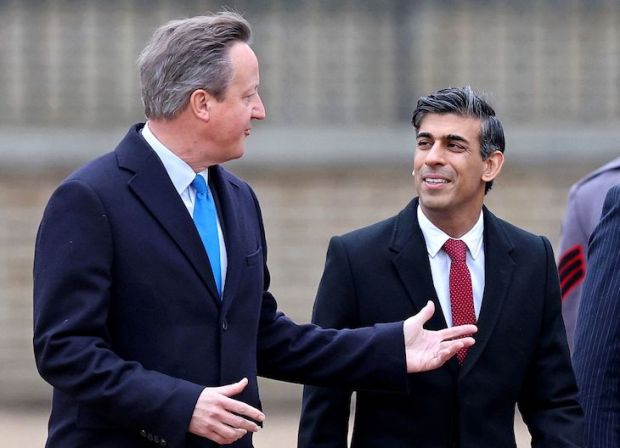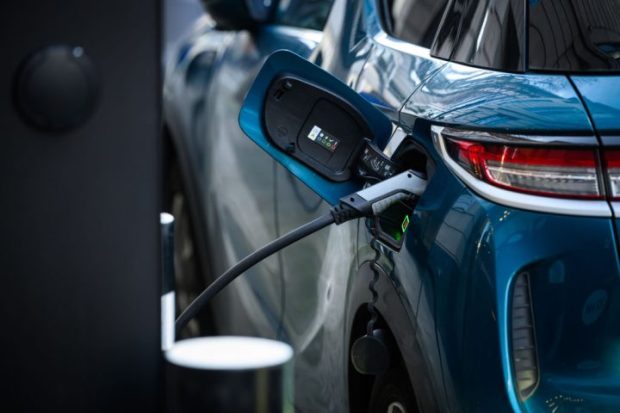History records that George II was the last British king to lead his troops on the battlefield, at the Battle of Dettingen in 1743. But maybe it is only a matter of time… Addressing the COP26 summit in Glasgow Prince Charles called for a ‘vast military-style campaign’ against climate change. We must put ourselves on a ‘war-like footing’, marshalling the resources of the private sector as we did during wartime. I look forward to the sight of Charles, on horseback, leading a battalion against Xi Jinping’s People’s Army to try to take the site of China’s latest coal-fired power station.
There is a very big problem with this kind of rhetoric. If, as Prince Charles added, COP26 is the ‘last chance saloon’ then where will that leave delegates at COP27? Clearly, there will be no point in them attending at all, given that it will be too late and the world will presumably be finished. In fact, according to Charles, we have already run out of time. Addressing the Copenhagen climate summit in 2009 he told delegates ‘our planet has reached a point of crisis and we have only seven years before we lose the levers of control’. By my calculations that would have taken us to 2016, yet carbon emissions continued to rise after that date and are still rising.
It isn’t just Prince Charles, either. The Prime Minister has been equally alarmist, taking of mankind being ‘one minute from midnight’. Perhaps they think that dialling up the rhetoric will spur countries into action, but the opposite is true. When the hosts of COP26 start claiming we are teetering on the edge of doom they are going to turn off many world leaders, who can see such stuff is at odds with reality.
Anyone who read through the UN’s sixth IPPC report, published in August, would not come to the conclusion that we are in an existential crisis, lashed by flood, fire and tempest. Inevitably, perhaps, COP delegates held up on a train on Sunday delayed by a fallen tree near Milton Keynes started blaming climate change, with one passenger, described as a scientist on his way to advise African governments, reported in the Guardian as saying: ‘It is obviously very inconvenient and a reminder that climate change causes all manner of extreme weather events.’ Yet to blame climate change for a pretty moderate October storm flies in the face of the evidence presented by the IPCC, which reveals a falling trend in average wind speeds over land in the northern hemisphere, as well as a sharp decline in very strong storms in the North Atlantic and Arctic region since 1990. The IPCC itself cites a study published in the Journal of Climate in 2013 that shows that the downward trend in storms with a central pressure of fewer than 960 millibars has been picked by several independent data sets.

So much, then, for all those lazy claims that we are facing a future of ever bigger and stronger storms thanks to climate change — in our part of the world at least observational evidence rather suggests the opposite. If COP delegates want to blame anything for their delayed train it isn’t climate change, it is the modern practice of using railway embankments as nature reserves rather than clearing every tree and shrub as was standard practice in the days of steam engines — lineside vegetation being a fire risk thanks to sparks from the locomotives.
In the end-of-times mood at Glasgow, however, none of this will register. The entire planet is facing human-induced destruction and that is that.<//>
Got something to add? Join the discussion and comment below.
Get 10 issues for just $10
Subscribe to The Spectator Australia today for the next 10 magazine issues, plus full online access, for just $10.




















Comments
Don't miss out
Join the conversation with other Spectator Australia readers. Subscribe to leave a comment.
SUBSCRIBEAlready a subscriber? Log in